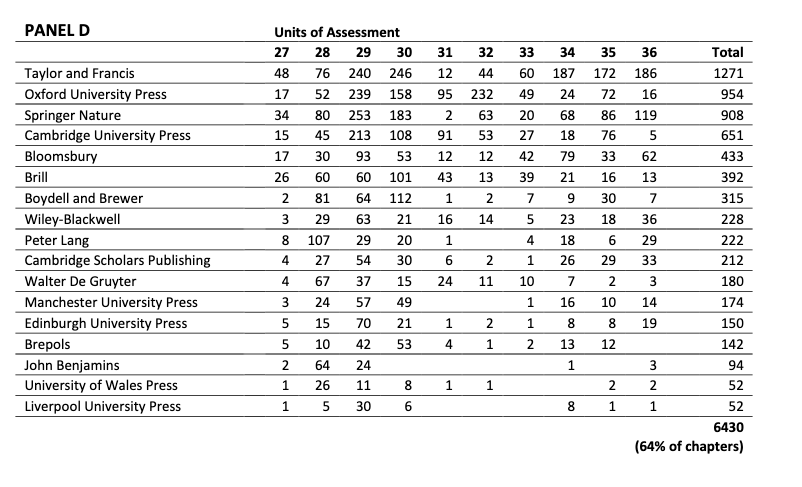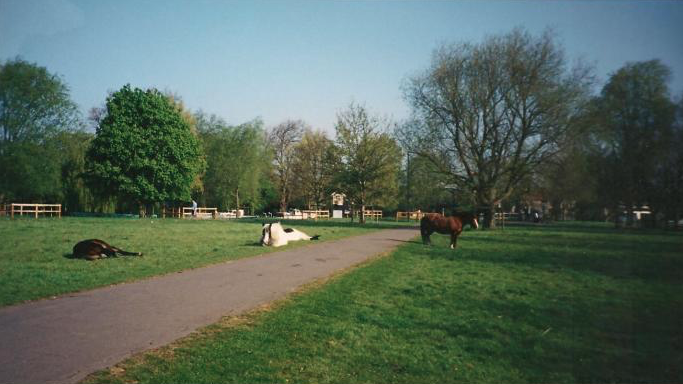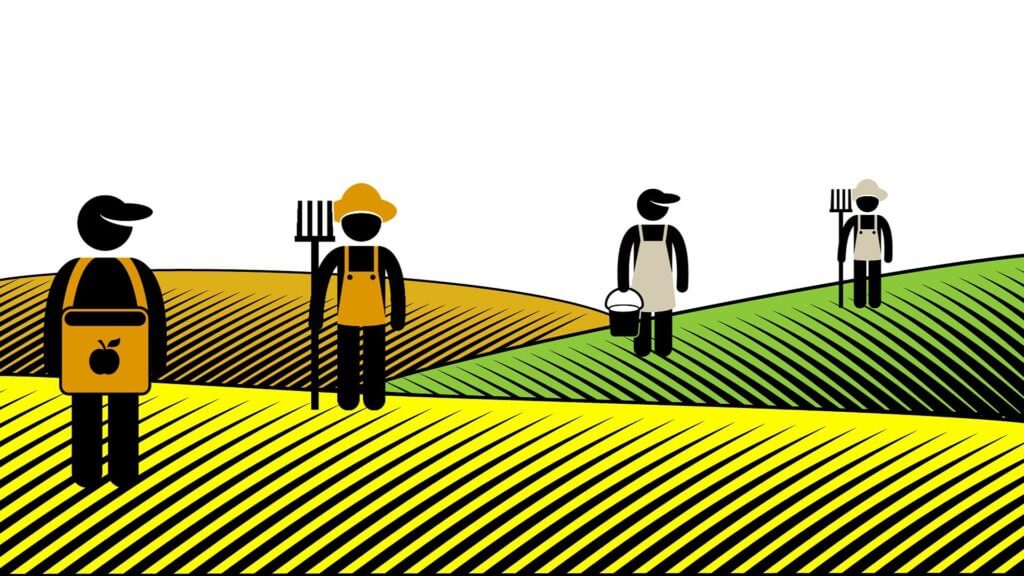As this feels like the first day in a while that I have enough concentration to write, I thought I’d take the opportunity to jot down some thoughts guided by the question: what on earth can the pandemic teach us about open access to knowledge?
Author archives: Samuel Moore
The undecidable nature of predatory publishing
The term ‘predatory publisher’ reveals a limit of language – or rather it asks too much of language. It seeks a binary separation between ‘predatory’ and ‘non-predatory’ where no such separation can exist, ultimately illustrating more about the motivations and hidden biases about the accuser than the supposedly predatory journal at hand. We therefore need …
Continue reading “The undecidable nature of predatory publishing”
How the academic publishing oligopoly skews debates on the cost of publishing
When the original BOAI declaration on open access was published, one of its stated aims was to ‘save money and expand the scope of dissemination at the same time’ through open access publishing. The web offered distribution costs that the authors claimed were ‘far lower’ than print publishing and so OA was seen at least …
Continue reading “How the academic publishing oligopoly skews debates on the cost of publishing”
Who are these ‘open access advocates’?
If you’re at all interested in open access publishing, you probably know that it has a long and complicated history. There are disagreements and differences over strategies, tactics, politics, definitions, motivations, disciplinary approaches, business models and routes to OA. Many words have been spilled over the ‘mess’ that open access has become and the fact …
Open *By* Whom? On the Meaning of ‘Scholar-Led’
(Cross-posted on the ScholarLed blog) I write a lot about scholar-led publishing. My thesis explored the differences between scholar-led and policy-based forms of open access, and I’ve recently published an article about early academic-led experiments in e-journal publishing. I love what the ScholarLed consortium is doing for open access and look forward to seeing the …
Continue reading “Open *By* Whom? On the Meaning of ‘Scholar-Led’”
Edited volumes and low-risk open access
As early-career researchers, one of the first things we are told about publishing is not to release our research as part of an edited volume. Chapters in edited volumes are not nearly as valued for career progression as journal articles, even though they may take the same amount of time and care to produce. When …
New publication in JASIST
I have recently had an article published in the Journal of the Association for Information Science and Technology (JASIST) entitled ‘Revisiting “the 1990s debutante”: Scholar‐led publishing and the prehistory of the open access movement’. The article explores a small number of early scholar-led e-journals and their relevance to open access today. It is currently freely …
What is the relationship between the commons and open access publishing?
Why is there an association between open access publishing and ‘the commons’? What is it about the two concepts that implies they are linked? I’m currently researching the relationship between the commons and OA, looking specifically at the application of the literature of the former to our understanding of the latter, and it is not …
Continue reading “What is the relationship between the commons and open access publishing?”
Why ‘open science’ is actually pretty good politics
How does the word ‘open’ modify terms such as ‘data’, ‘source’ ‘access’ and ‘science’? What is openness actually doing to these terms? This seems to be a subject of continual debate on social media, at conferences and in the scholarly literature. For the most part, it seems that the debate has moved on from the …
Continue reading “Why ‘open science’ is actually pretty good politics”
Governing the scholarly commons: the Radical Open Access Collective
The Radical Open Access Collective (ROAC) is a community of 60+ not-for-profit presses, journals and other open access projects. One of the aims of the collective is to legitimise scholar-led publishing as an important alternative model for open access, while supporting our members and encouraging others to experiment with scholar-led publishing too. The ROAC therefore …
Continue reading “Governing the scholarly commons: the Radical Open Access Collective”






